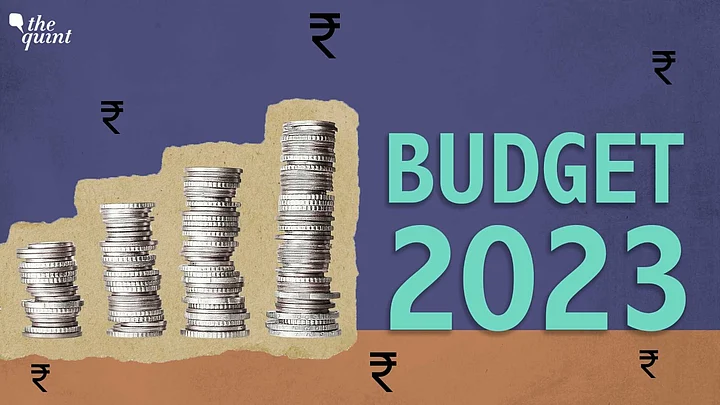Union Budget 2023: One of the biggest and largest events of the year is the Union Budget. The budget is prepared to design the economic strategy for the upcoming year, in addition to highlighting the financial operations of government.
The Union Budget has a great impact on every citizen of the country. The Finance Minister, along with other Ministers, introduces and implements the Union Budget on an annual basis.
Let's read about the date, time, expectations, and presenter of the Union Budget 2023.
Union Budget 2023: Date and Time
This year, the Union Budget 2023 will be presented on Wednesday, 1 February 2023. The budget session will commence at 11 a.m. It is expected that the budget session for 2023 may start on 31 January followed by the budget presentation on 1 February 2023. The Budget 2023 will end on 6 April 2023.
Who Will Present the Union Budget 2023?
The Union Budget 2023 will be presented by Finance Minister Nirmala Sitharaman. This is the fifth time in a row that Nirmala Sitharaman will present the annual budget.
What Is the Duration of Budget Presentation
The average duration of budget presentations is 1.5 to 2 hours. However, in 2021, Nirmala Sitharaman broke the record and delivered the budget speech for 2 hours and 40 minutes, the longest speech ever in the history of India.
What Is Economic Survey? When Will It Be Held
The economic survey is a report mentioning the changes in a particular financial year. This year, the economic survey data will be presented by N. Sitharaman on 31 January 2023.
How Is the Union Budget Prepared?
Consultation, planning, and implementation are all part of the clearly defined process that goes into creating the budget. These processes take time to complete, and the budget-making process often starts in August or September, six months before the budget presentation date.
Union Budget 2023 Expectations
Some of the expectations for the Union Budget 2023-24 are:
India's climate commitments like decarbonization, renewable energy, the climate commitments of COP26 and COP27, and energy transitioning.
Advanced Chemistry Cells (ACC).
Fast-track technology adoption.
PLI (Production Linked Incentive) scheme.
Electric vehicle production.
Revamping tax slabs.
Enabling green energy financing.
Energy Conversation (Amendment) Bill.RE equipment manufacturing.
Mandating green hydrogen consumption.
Exemption on personal loans.
(At The Quint, we question everything. Play an active role in shaping our journalism by becoming a member today.)
